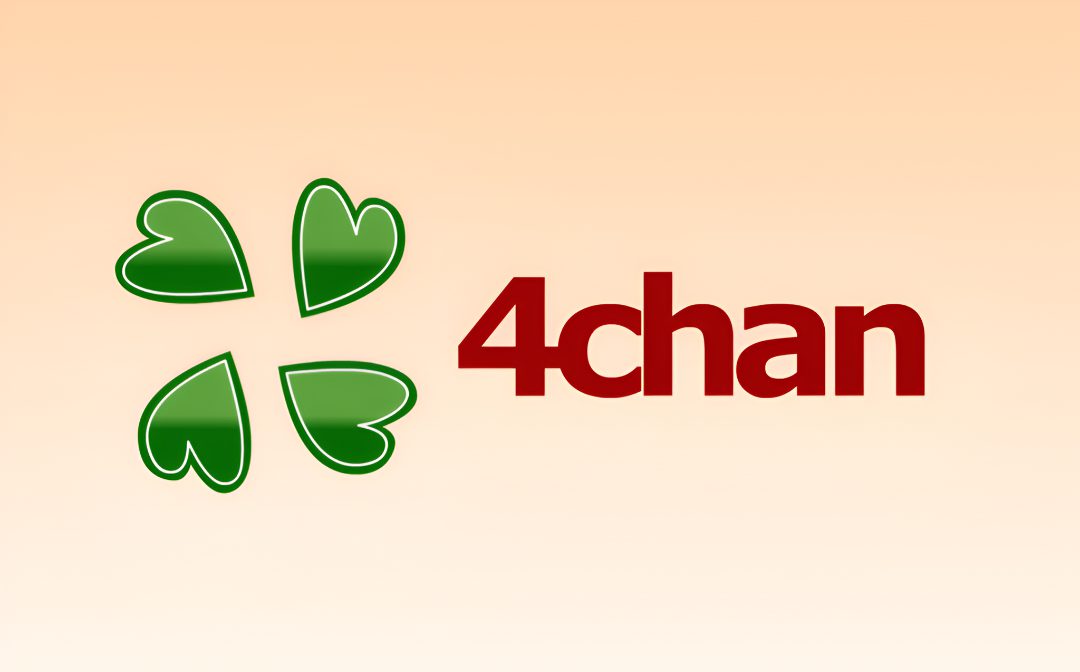The internet’s original chaos machine has gone dark. For over a week now, 4chan—that digital petri dish responsible for everything from LOLcats to Anonymous—has remained offline after hackers sliced through its security like a hot knife through butter. What began as a routine outage has evolved into what might be the final chapter for one of the web’s most influential and controversial platforms.
When Digital Fortresses Crumble
Visitors seeking their anonymous fix instead found a digital crime scene. “U GOT HACKED” proclaimed the ominous message left on reactivated sections of the site. The breach didn’t just damage 4chan’s infrastructure—it tore down the curtain protecting its moderators, much like discovering who’s been operating the controls in Oz all these years.
The breach didn’t just damage 4chan’s infrastructure—it tore down the curtain protecting its moderators, much like discovering who’s been operating the controls in Oz all these years. According to a previous report from Reuters, the hack seems to have exposed internal systems, including moderator tools and identifying information. Screenshots reportedly showing 4chan’s backend infrastructure began circulating online, revealing just how hackers can spy on sensitive systems and monitor activity without ever touching the device itself, much like how hackers can now spy on your screen without ever touching your device.
“I’m somewhat taken back. 4chan’s moderation team has had leaks in the past, but this is obviously an issue of greater magnitude,” a janitor told TechCrunch. When security professionals evaluate a hack of this magnitude, the prognosis rarely includes a quick recovery.
From Digital Playground to Historical Artifact
Remember when your favorite childhood hangout suddenly closed? That’s what 4chan users are experiencing—except their playground happened to be where much of internet culture was invented. Born in October 2003 from Christopher “moot” Poole’s vision, the platform evolved from anime discussions into an incubator for phenomena that would later dominate mainstream platforms.
The site that taught everyone about rickrolling now faces an uncertain future. As of April 25, 2025, 4chan remains completely offline with no official statement about when—or if—it will return, leaving users and observers to speculate about its fate. It’s like watching your first-generation iPod finally give up the ghost after surviving countless drops.
The Great Digital Diaspora
The online community now resembles scattered survivors after a digital apocalypse, regrouping on Discord servers and Reddit threads. You know how it feels when your favorite app suddenly changes its interface, multiplied by a thousand? That’s the collective disorientation happening right now.
Internet culture researchers have consistently observed that when platforms disappear, their communities typically migrate to alternative spaces rather than dissolving entirely. This digital diaspora mirrors previous platform collapses, where user bases reshape the landscape of their new homes.
Multiple sources suggest the attackers may be linked to rival imageboard Soyjak. party, though these claims remain unconfirmed speculation.
The Clipboard of Internet History
As the digital dust settles, 4chan’s legacy remains complicated but undeniable. The platform operated similar to that one friend with no filter—sometimes brilliant, often problematic, always memorable. From launching global protest movements to hosting content that would make content moderators quit on the spot, 4chan existed in its category of internet influence.
“What we’re seeing looks like a classic case of cybercriminals turning on each other – a digital turf war,” Graeme Stewart, head of public sector at Check Point, told Sky News.
The homepage that billions of posts once called home now displays just an error message—a digital tombstone awaiting an epitaph. Whether 4chan returns from this outage or joins Geocities and MySpace in the great server farm in the sky, its impact on how we communicate online has been permanently saved to the clipboard of internet history.
For better or worse, 4chan showed us the raw, unfiltered potential of anonymous online interaction—a chaotic experiment that might have finally reached its blue screen of death.






























